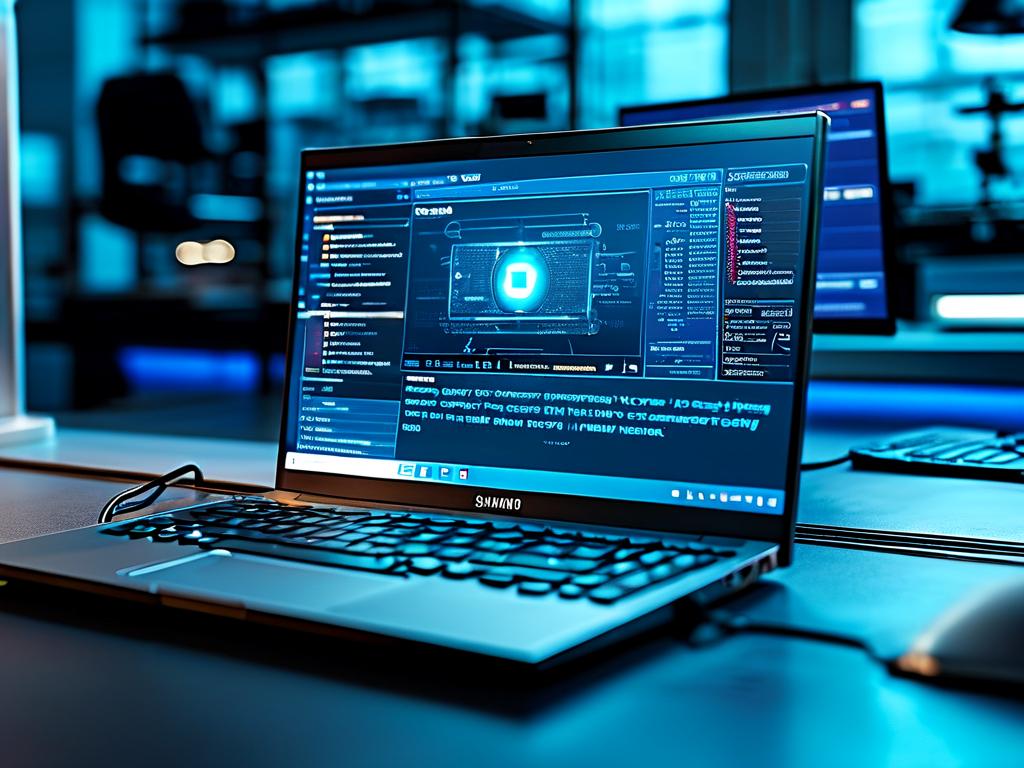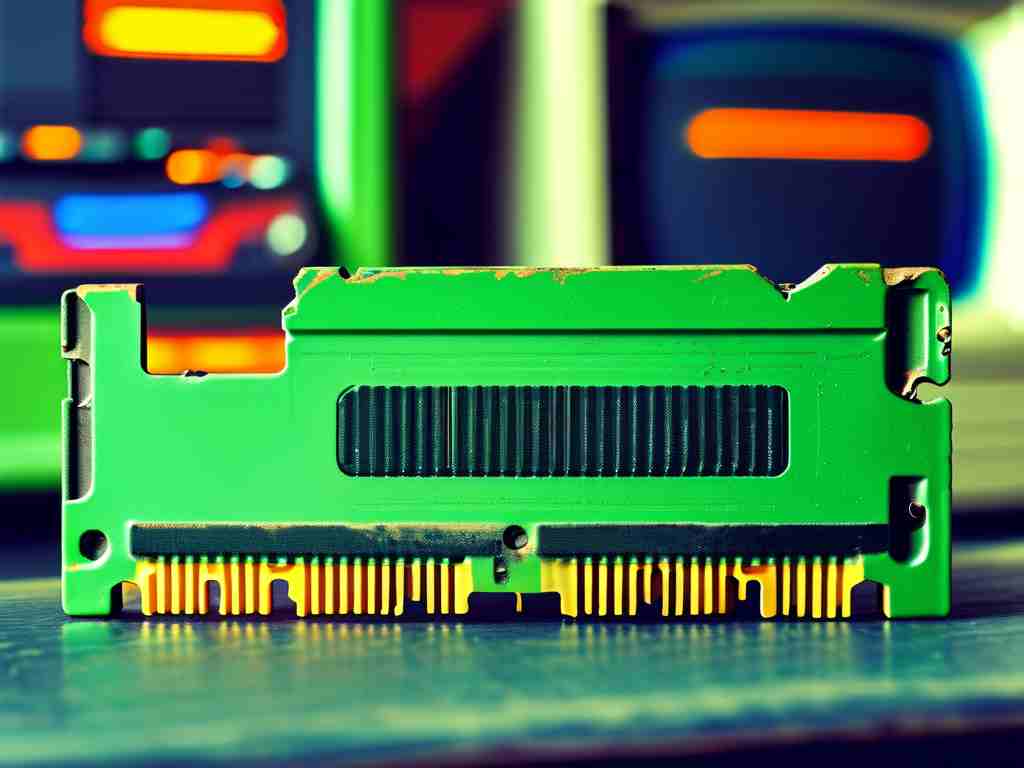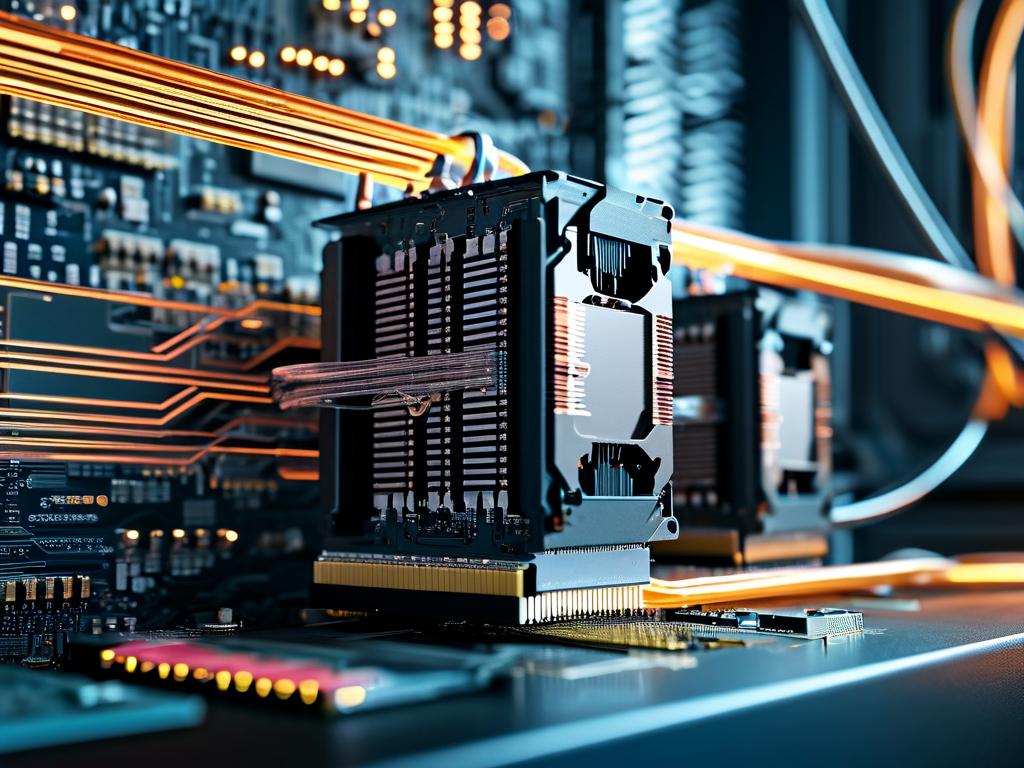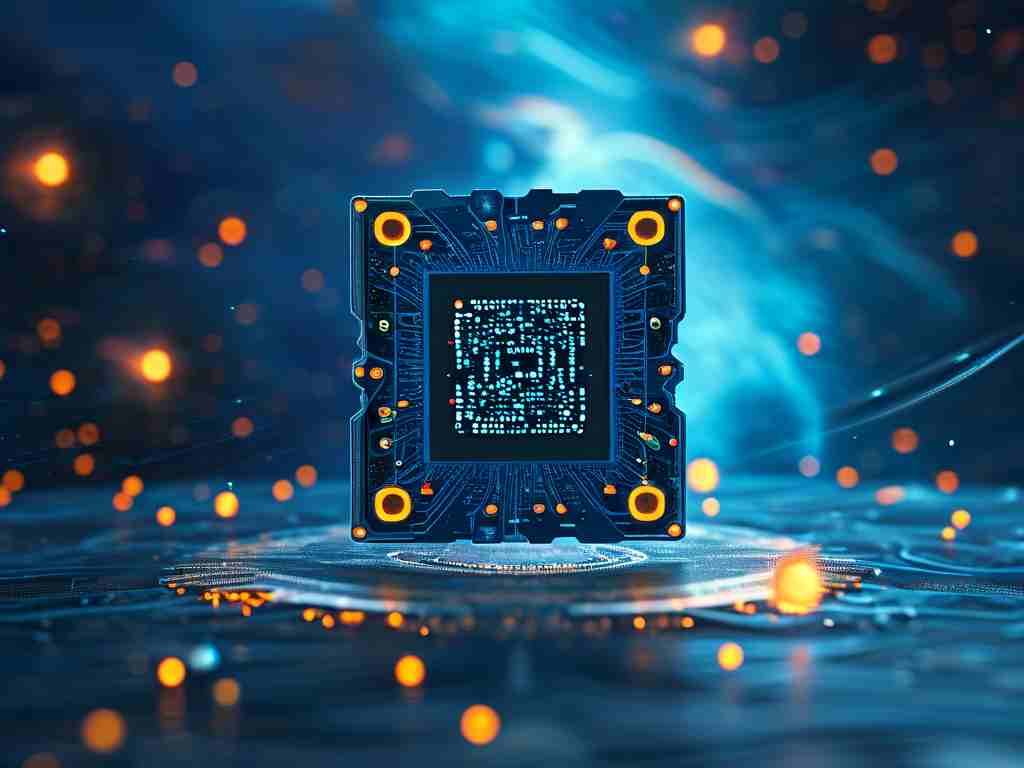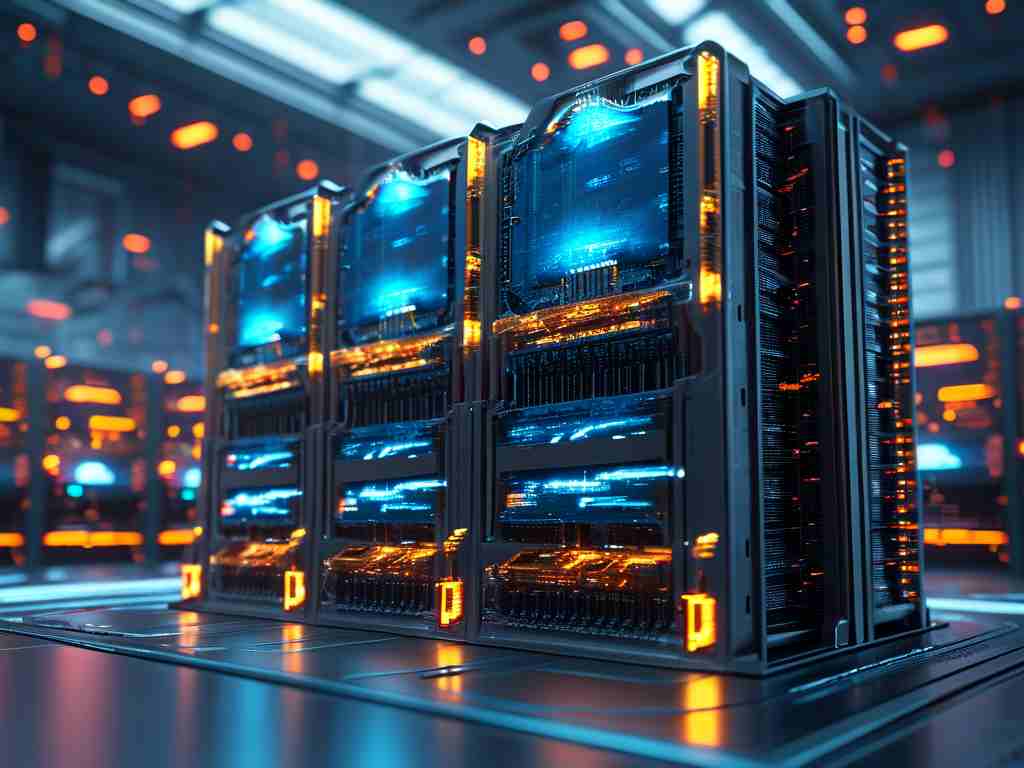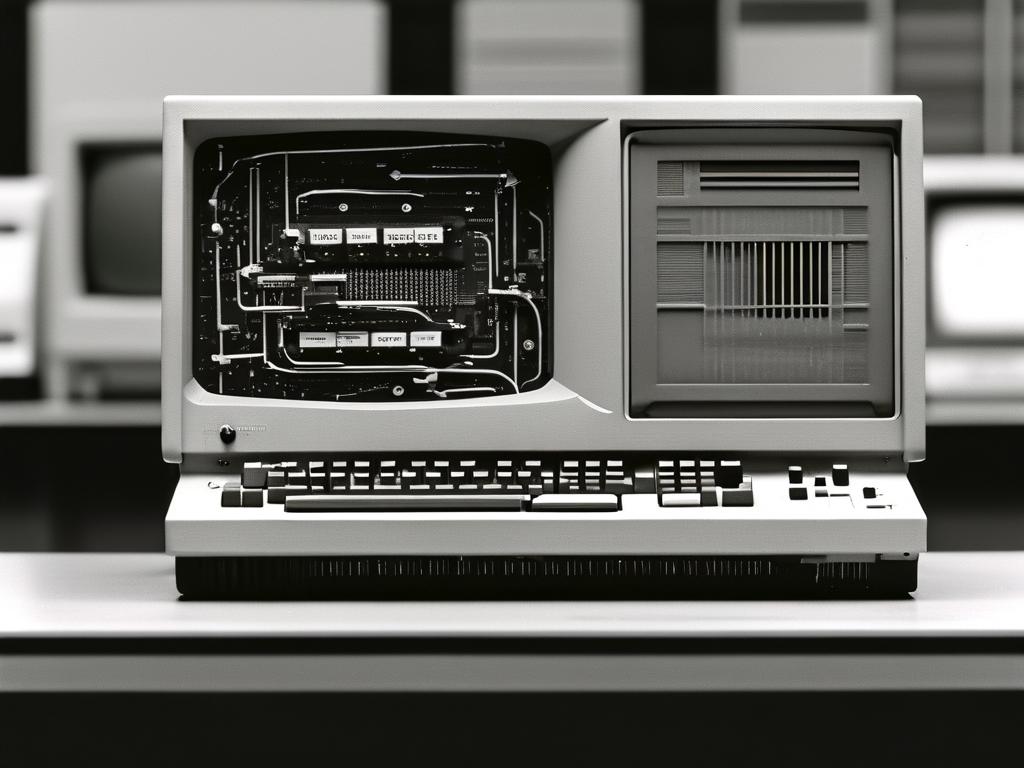Computer memory is the backbone of modern computing, enabling devices to store and retrieve data swiftly for everyday tasks. Without it, even the fastest processors would grind to a halt, making it a crucial component in everything from laptops to smartphones. To grasp its significance, imagine trying to cook a complex meal with all ingredients scattered—memory acts as the organized pantry, holding data ready for immediate use. This article delves into the essentials of computer memory, exploring its history, types, and real-world impact, while highlighting why it's indispensable for today's digital world.
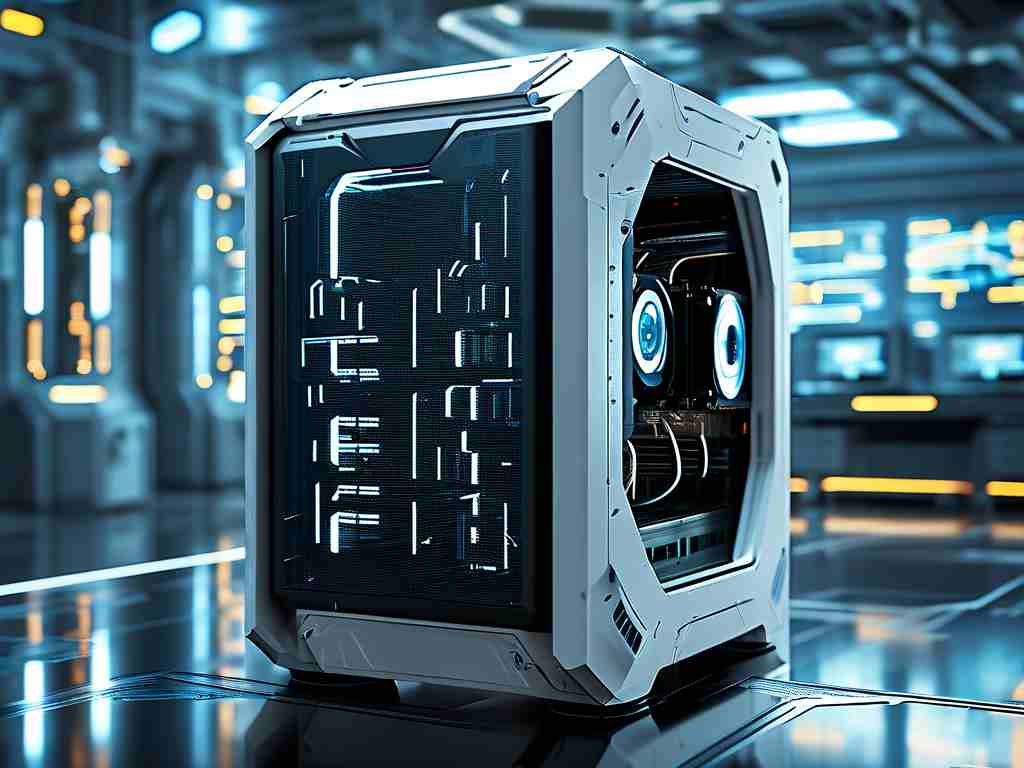
Historically, computer memory has evolved dramatically since the early days of computing. In the 1940s, pioneers like ENIAC relied on vacuum tubes and mercury delay lines for storage, which were bulky and slow. By the 1960s, magnetic core memory emerged, offering faster access but still limited capacity. This progression set the stage for the dynamic random-access memory (DRAM) we know today, developed in the 1970s. Each leap forward wasn't just about speed; it reflected humanity's drive to solve problems like data loss during power outages. For instance, early computers often lost all information when switched off, a flaw that spurred innovations like non-volatile memory. As a tech enthusiast, I recall my first encounter with an old PC that used floppy disks—its sluggish performance compared to modern SSDs underscores how far we've come. This evolution isn't just technical; it's a story of human ingenuity, turning raw materials into silicon chips that fit in our pockets.
Today, computer memory comes in various forms, each serving distinct roles in system efficiency. RAM (Random Access Memory) is the workhorse, handling temporary data for active applications, while ROM (Read-Only Memory) stores permanent firmware like BIOS. Cache memory, nestled close to the CPU, accelerates frequent tasks by reducing access times. Consider how a simple web browser relies on RAM to load multiple tabs; if it runs low, the system slows or crashes. Here's a basic code snippet showing memory allocation in Python, illustrating how programs manage resources:
# Example: Allocating memory for a list in Python data_list = [1, 2, 3, 4, 5] # RAM stores this temporarily print(data_list) # Quick access during execution
Beyond types, memory's architecture involves intricate processes like addressing and timing. When you click an app, the CPU fetches instructions from memory via buses, with nanoseconds determining responsiveness. This speed is vital for gaming or video editing—I've seen friends upgrade their RAM and instantly boost frame rates, proving that more memory can transform user experience. However, challenges persist, such as volatility in RAM causing data loss during power failures, which solutions like battery-backed units aim to mitigate. Moreover, emerging tech like 3D stacking pushes boundaries by layering memory cells vertically, increasing density without expanding physical size. Such advancements highlight how memory isn't static; it adapts to demands like AI processing, where large datasets require lightning-fast retrieval.
The importance of computer memory extends beyond personal devices to global infrastructure. In servers, high-capacity RAM supports cloud computing, enabling services like streaming or online banking that we take for granted. Without robust memory, data centers would buckle under load, leading to outages that disrupt economies. On a personal note, during a recent project, I faced memory leaks in software—debugging them taught me that efficient memory management prevents costly errors. Looking ahead, trends like quantum memory promise exponential gains, though hurdles like heat dissipation remain. Ultimately, memory is the unsung hero of tech, evolving silently to keep our digital lives seamless. As we innovate, understanding its core principles empowers users to make informed choices, ensuring devices serve us better in an ever-connected world.


